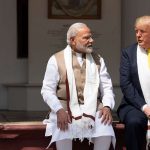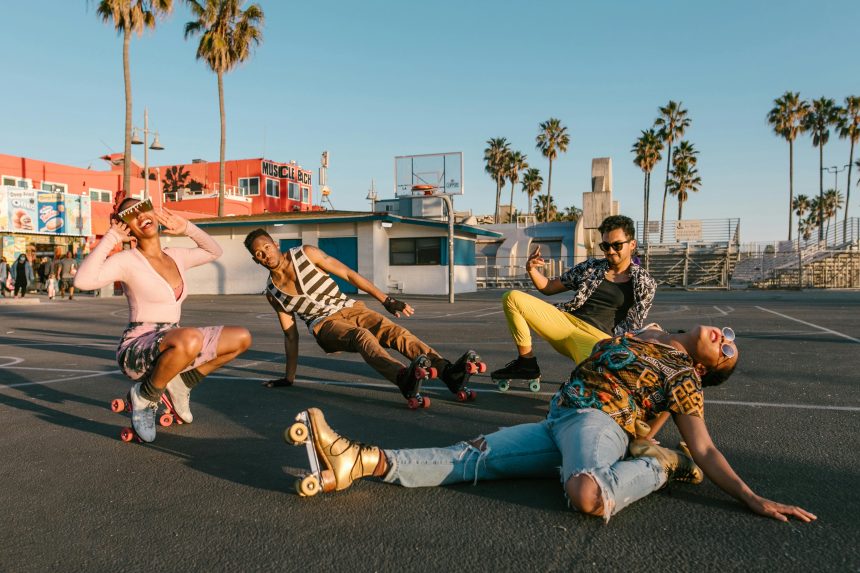For decades, consumer culture has revolved around material wealth—cars, luxury goods, and status symbols. But Gen Z, born between the late 1990s and early 2010s, is rewriting the rulebook. Rather than collecting designer bags or flashy gadgets, they’re chasing sunsets, concerts, solo travel, and once-in-a-lifetime experiences. Why? Because for Gen Z, memories mean more than materialism.
The Experience Economy: Where Value Is Emotional
Gen Z has grown up in an era where access trumps ownership. Subscription models (like Netflix or Spotify), the sharing economy (think Airbnb and Uber), and digital platforms have redefined what it means to “have.” This generation doesn’t need to own a car when ride-shares are a tap away, nor a DVD collection when they stream everything.
What they crave instead is authenticity and connection—things that can’t be stored in closets, but are etched in memory and shared on social media.
FOMO, YOLO, and the Social Currency of Experience
Social media plays a massive role in Gen Z’s preference for experiences. A trip to Iceland or a spontaneous road trip isn’t just personal—it’s content. And that content becomes a form of social currency, offering validation, identity, and community.
Terms like FOMO (Fear of Missing Out) and YOLO (You Only Live Once) have transformed decision-making. For Gen Z, skipping a concert to save for something tangible often feels like missing out on life itself.
Mental Health, Mindfulness, and Escapism
Growing up during a global pandemic, climate crisis, and economic uncertainty, Gen Z is deeply aware of life’s fragility. In response, they’re choosing present-moment living—meditation retreats, digital detoxes, and travel adventures offer much-needed breaks from digital overload and academic/career stress.
Experiences are viewed not just as fun but as emotional wellness tools, providing joy, meaning, and relief in a world that often feels chaotic.
Sustainability Over Consumerism
Materialism comes with a carbon footprint, and Gen Z knows it. They’re far more eco-conscious than previous generations, often rejecting fast fashion or single-use culture in favor of minimalism and mindful consumption.
Rather than filling their lives with stuff, they seek sustainable experiences—volunteering trips, eco-tourism, or local adventures that align with their values.
Personal Growth > Possession
Whether it’s backpacking through Southeast Asia or attending a niche art workshop, Gen Z views experiences as a way to grow emotionally, spiritually, and intellectually. Possessions may wear out, but experiences shape identity.
Education and exposure—especially cultural—are top priorities. A cooking class in Tuscany or a music festival in Seoul offers something no handbag can: perspective, connection, and personal story.
Conclusion: Redefining Richness
For Gen Z, richness isn’t counted in dollars or designer labels—it’s in shared laughter, unforgettable moments, and personal transformation. While older generations chased the dream of the house, car, and corner office, Gen Z is chasing the dream of a meaningful, memorable life.
They aren’t anti-ownership—they’re pro-purpose. And in choosing experience over excess, they may just be redefining happiness for all of us.










